





6 possible complications after the EKO procedure
Extracorporal fertilization – one of the most modern methods of controlling with infertility. So far he already helped a significant amount of married couples to become happy parents. Usually to the EKO procedure difficult and very expensive, resort in those situations when all other ways to help couple to bring the child are inefficient. "Conception in a test tube" yields quite good results in cases of infertility of one of partners, existence at the woman of impassability of uterine tubes or endometriosis, and also the hormonal failures connected with age fading of reproductive function.
It is clear, that the woman who was desperate to become pregnant in the natural way, resorts to the EKO procedure as to the last chance to conceive the child, and will not depart from the decision, even knowing about possible complications. From this, however, does not follow that such you should not obtain information: it is necessary to be ready to various effects of medical manipulations.
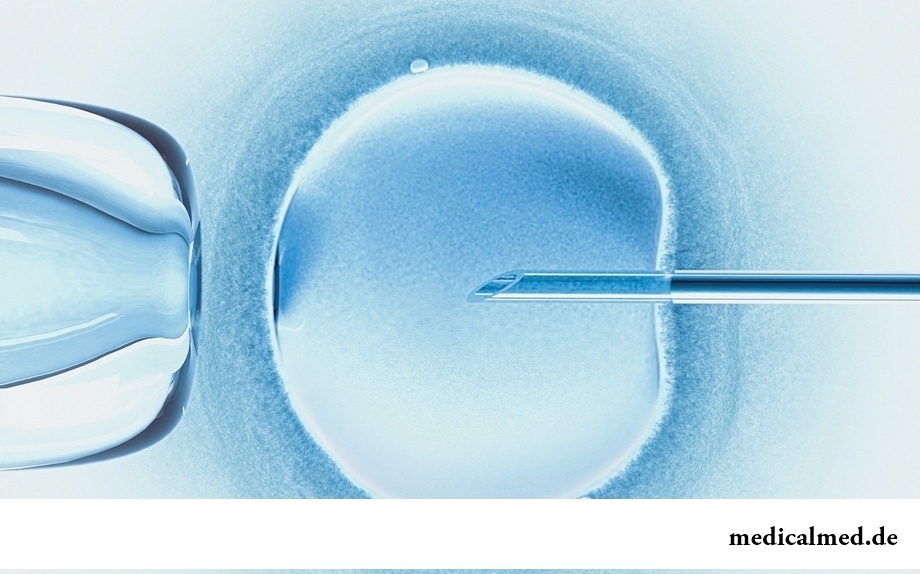
1. Internal bleedings
To impregnate an ovum in a test tube, it needs to be taken from the woman's body at some point of a menstrual cycle. The procedure is carried out using anesthesia: under control of the ultrasonic vaginal sensor the doctor does a puncture in a wall of an ovary and by means of aspiration (absorption) by the special syringe through a hollow needle takes an ovum together with follicular liquid.
Manipulation is harmless also a malotravmatichna (especially if the patient precisely followed all instructions of the doctor, preparing for the procedure). However the small risk of developing of vaginal bleeding nevertheless is. To minimize effects, the doctor leaves the woman in clinic under observation for 2-3 hours after an ovum harvesting.
2. Extrauterine pregnancy
Statistically, about 10% of the EKO procedures come to an end with emergence of an extrauterine pregnancy. Can result the following factors in such result:
- Initial defects of fallopian pipes (including those which became the reason of making decision on need of artificial fertilization);
- Traumatizing fallopian pipes owing to the shift of excessively increased ovaries;
- Wrong attachment of an embryo. Within three days after replanting the oospore freely moves, and can go beyond a cavity of the uterus;
- The mistakes made by doctors during inspection before the EKO procedure. If the woman has inflammatory diseases of reproductive organs capable to provoke development of commissures, they have to be diagnosed and in advance completely cured. Commissures unnoticed in time can become the embryo attachment reason in an abdominal cavity or in a uterine tube.
Specialists note that the extrauterine pregnancy after the EKO procedure can arise even if pipe fallopiyeva at the woman are removed. The situation when in a uterus place two or more embryos, one of which is attached not where it is necessary, is considered especially unpleasant. In this case doctors are faced by a difficult problem of removal of such embryo without infliction of harm by the rest that turns out not always.
3. The side effects caused by reception of medicines
Preparation for conception includes reception of a large amount of specific drugs. They can cause such phenomena as nausea, vomiting, the complicated breath, pain in a stomach, swelling. The urination delay at normal consumption of liquid is sometimes observed and urine discoloration.
4. Damages of tissues of internals
At a harvesting of an ovum is, though small, risk of a puncture of walls of the bodies which are near an ovary. Approximately in one case from one thousand the patient needs operation on elimination of injuries of intestines or a bladder.
5. Syndrome of hyper stimulation of ovaries
Specifics of the EKO procedure such is that for increase in its efficiency it is worth impregnating and placing in a uterus not one ovum, and a little (for this reason the women who decided to become pregnant this way, often become mothers of twins). However the female body usually during a menstrual cycle develops only one mature ovum. Therefore for some time to an intake of reproductive material do to patients HGCh injections (choriogonadotropin of the person). If the dose of hormone is exceeded, the heavy complication – a syndrome of hyper stimulation of ovaries can develop. It is shown by accumulation of liquid in a chest and abdominal cavity, fervescence, pernicious vomiting, severe pain in a back and a stomach, emergence of blood in urine. This state demands the immediate address to the doctor, and in some cases – urgent hospitalization.
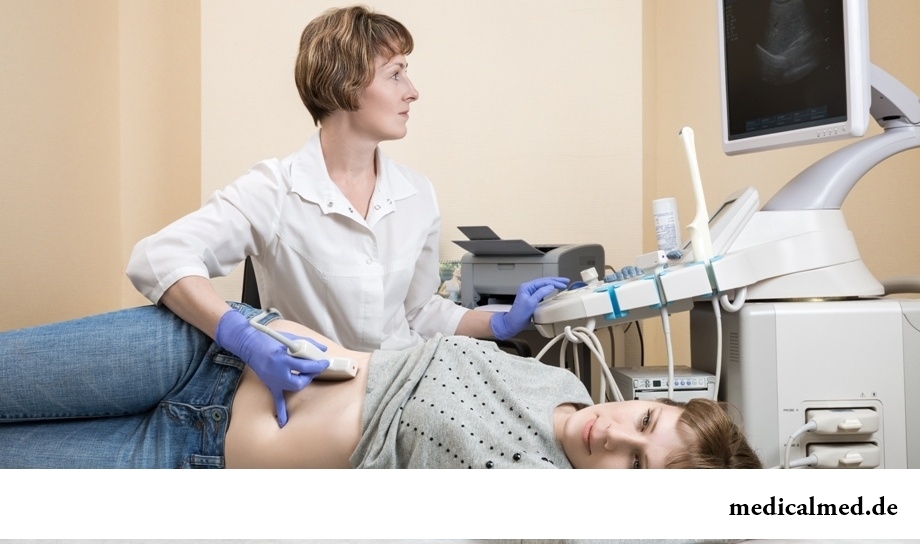
6. Depression
The EKO procedure is connected with a serious physical and mental stress. Couples which are treated for infertility for many years resort to it. They hope for the best outcome, but know that the method does not give an absolute guarantee of approach of conception. Therefore at one or both partners symptoms of a depression can be observed.
Some time was considered that the drugs stimulating work of ovaries can become the reason of development of malignant new growths. These fears were vain. But at the EKO procedure the risk of hit of causative organisms in a uterus (is not excluded during insufficiently conscientious work of medical personnel and non-compliance with due sterility). Besides, there is a probability of emergence of an allergy to the drugs used during manipulations (including anesthetics). At the choice of the known clinic having good reputation, couple can hope that the procedure will bring desirable result, and they will become, at last, parents, having avoided the majority of problems.
Many drugs initially moved ahead in the market as drugs. Heroin, for example, was initially brought to the market as children's cough medicine. And cocaine was recommended by doctors as anesthesia and as the means increasing endurance.

Shops of household appliances offer us the huge choice of various devices for the house. Whether there are among this abundance devices which...
Section: Articles about health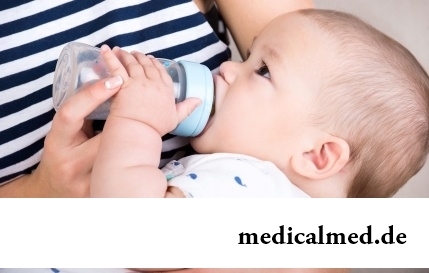
Producers of milk mixes for children assure: mixes are ideally balanced and adapted for needs of babies. If mother should raise artificially the kid owing to serious problems with health, to do nothing – m substitutes...
Section: Articles about health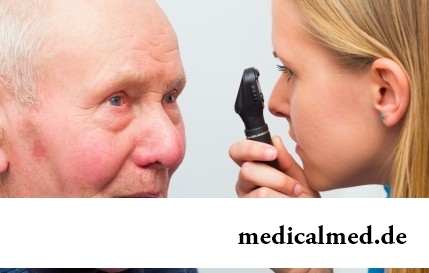
According to data of World Health Organization, the cataract is diagnosed almost for 7% of the population of Earth. The statistics of incidence is considered not full as at an initial stage the illness, as a rule, does not cause to the person of special inconveniences, and many diseased sees doctors not at once. The cataract is not only one of the most widespread ophthalmologic illnesses, but also the reason of a half of cases of loss of sight....
Section: Articles about health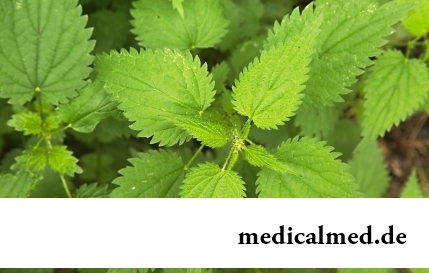
What is in our understanding weeds? It plants which are considered to be suitable only for compost pits and feeding жи...
Section: Articles about health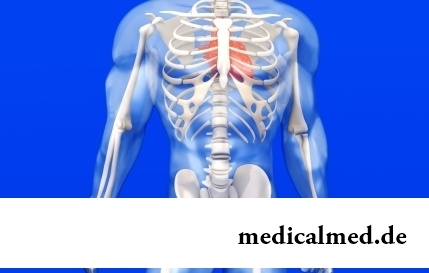
For many women the word "fat" sounds as a sentence. In aspiration to an ideal figure they try to exclude, first of all, from the menu all dishes containing fats without having at the same time a clear idea of a role of these substances in exchange processes, and about an afterbirth...
Section: Articles about health
Each of us repeatedly noticed that the people having the same passport age are sometimes not similar on one-years at all. One at the age of 40-45 years already looks almost an old man, and another and in 60 is young, vigorous and full of life. The matter is that the condition of our health depends not on the number of the lived years, and on degree of safety of an organism. This factor also defines biological age of the person....
Section: Articles about health
About 10-15 years ago existence of the computer in the apartment of the Russian was considered as a rarity and office rooms were only on перв...
Section: Articles about health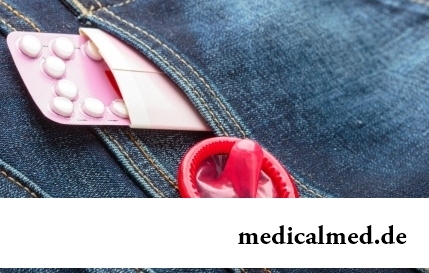
Sometimes it seems that modern society was divided into two camps: representatives of the first are sure that only the woman has to be responsible for contraception, representatives of the second, respectively, are sure that it is destiny of men. Meanwhile Dov has a question of contraception...
Section: Articles about health
All the known slogan "Protect Men!" arose not from scratch. In a sense, the nature created men much less adapted for vital disorders, than it seems at first sight. Statistically, men are ill more often, than women, have the majority of illnesses heavier and earlier die. The situation is aggravated with the fact that our fathers, husbands, brothers and sons are not always inclined to care for the health. Partly it happens because of unwillingness of t...
Section: Articles about health
The Genetically Modified Organisms (GMO) are plants or animals (as a rule, agricultural) in whose genotype...
Section: Articles about health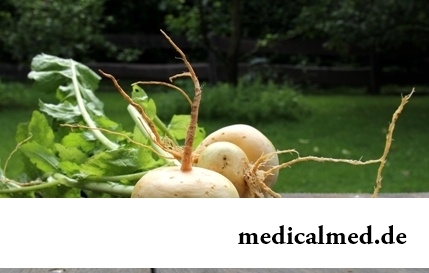
Turnip, radish, horse-radish – once these and other products enjoyed wide popularity at our ancestors, being not only the food sating an organism but also the medicines curing of many diseases. Unfortunately, having given the use of some of them...
Section: Articles about health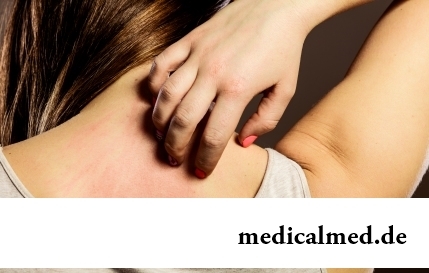
Frosty air, fresh wind and easy snowball at most of Russians are associated with cheerfulness, health and cheerful entertainments on which our winter is so generous. But, unfortunately, cold season sometimes brings also troubles with health. It is not about seasonal colds and frostbites, and about those chronic illnesses which symptoms are shown preferential in the winter....
Section: Articles about health
Smoking not only exerts a negative impact on the state of health of the consumer of tobacco products, but is a source з...
Section: Articles about health
Women quite often suffer from complexes concerning the sizes of the bust. Strangely enough, not too modest, and excessively curvy shapes become the reason of sincere discomfort sometimes. Except psychological problems, a big bust sometimes with...
Section: Articles about health
Childbirth is the most important event in life of each woman. We are women we give birth to the new little man on this light. Now the tendency to that was outlined, as men want to participate in labor too. But there is a question and whether it is worth allowing the husbands on childbirth?...
Section: Articles about health
The sudden heat on all body which is followed by perspiration and a cardiopalmus – the phenomenon familiar to many people. Most often t...
Section: Articles about health
Diseases of joints often begin imperceptibly for the person. The first stages of destruction of the cartilaginous tissue providing soft and free sliding of heads of bones in joint bags proceed slowly and absolutely without serious consequences. Especially unpleasantly for that this пр...
Section: Articles about health
Venereal diseases in medicine are called the infections which are transmitted preferential sexually, now they and are called - infections, sexually transmitted, or STD. Among them is also life-threatening. In spite of the fact that the majority of diseases such will respond to treatment, they are widespread everywhere, and there is no tendency to decrease in incidence. Besides, some of them promptly look younger: statistically, a third of young people at the age of 16-22 years of a str...
Section: Articles about health
Insufficiently strongly expressed sexual desire or lack of satisfaction from sexual contacts can test time from in...
Section: Articles about health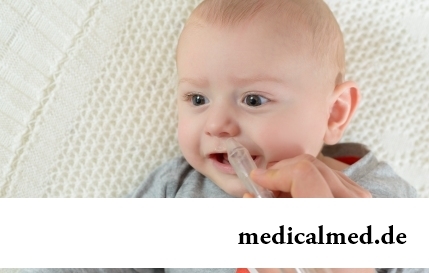
Maternal milk is the best food for the newborn. It is the unique natural product containing an optimum set of nutrients, and which is best adapted in order that the baby normally developed and it was protected from harmful fa...
Section: Articles about health
The way of life of people promptly changes from year to year: if about ten years ago the personal computer was not in each family, then today already very few people do without this device. Certainly, and children master the computer at full speed: they not only play on it games, but also study, and write school works, and search for necessary information....
Section: Articles about health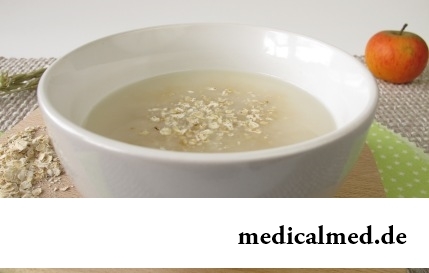
The main role in development of a peptic ulcer of a stomach and duodenum the bacterium Helikobakter plays pilor. Activity and Wuxi...
Section: Articles about health
The modern person not always manages to find housing in the environmentally friendly region and such work which would not do harm to health. With food stuffs at first sight the situation is much better: shops are overflowed with goods which are positioned пр...
Section: Articles about health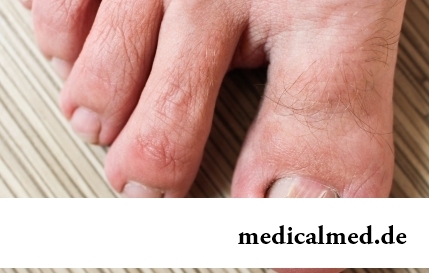
The word "onikhokriptoz" is unfamiliar to most of people, meanwhile quite so physicians call very widespread problem: the growing of edge of a nail into surrounding fabrics causing inflammatory process. Usually the illness affects thumbs of legs, and is followed by reddening, hypostasis, and in the started cases – release of pus. Patients complain of the pain amplifying when walking, problems with the choice of footwear....
Section: Articles about health
Doctors claim that the people not so familiar with a dorsodynia occur among adult Russians very seldom. At the same time подавляющ...
Section: Articles about health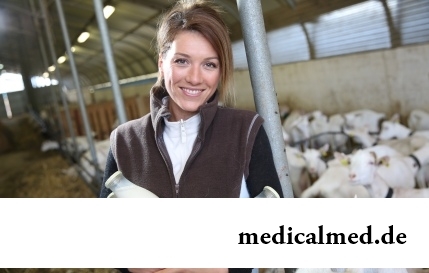
A little more than a century ago goat milk was a traditional food stuff of most of Russians. Unfortunately, today on tables of our compatriots it appears extremely seldom. The reason that the use of so useful product practically descended on...
Section: Articles about health
Cellulitis - very widespread cosmetic shortcoming which arises approximately at 80% of women sooner or later. Emergence it is connected with change of structure of a hypodermic fatty layer. At the same time on the surface of skin at first there are roughnesses (cambers and cavities), and then small consolidations, the so-called effect of an orange-peel is shown. Changes in a condition of hypodermic cellulose are a consequence of a hormonal imbalance in an organism....
Section: Articles about health
